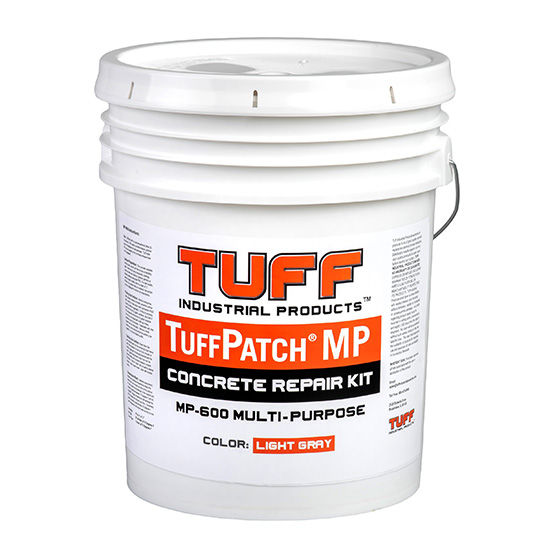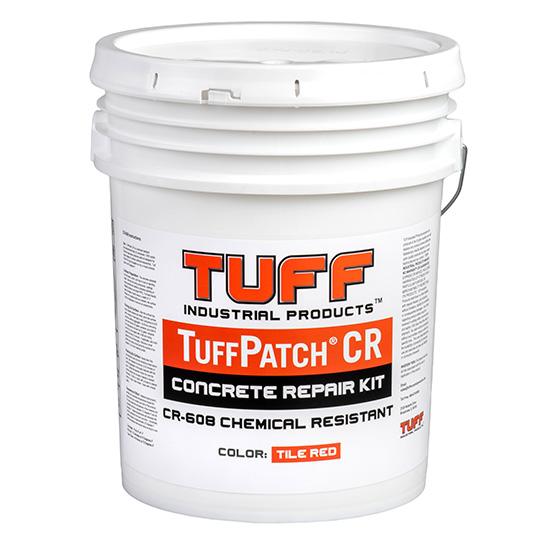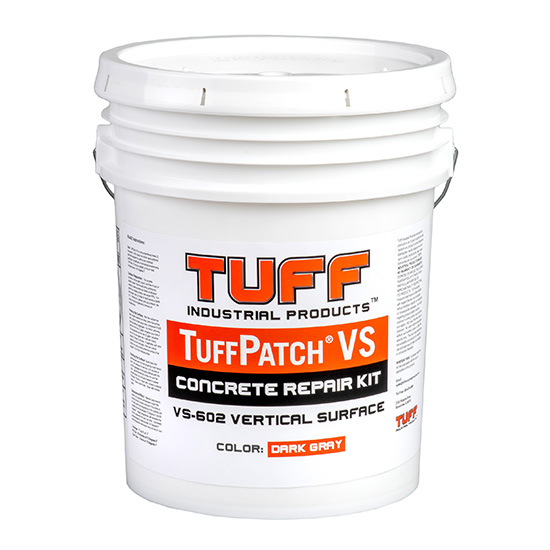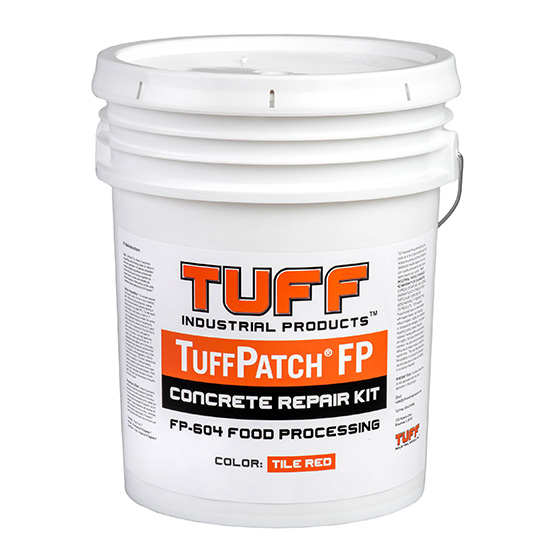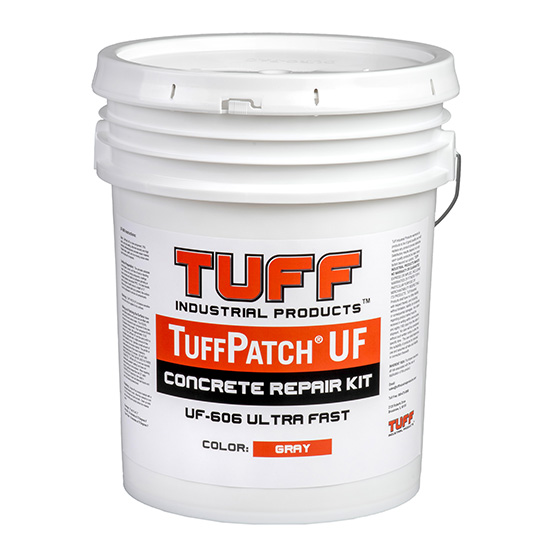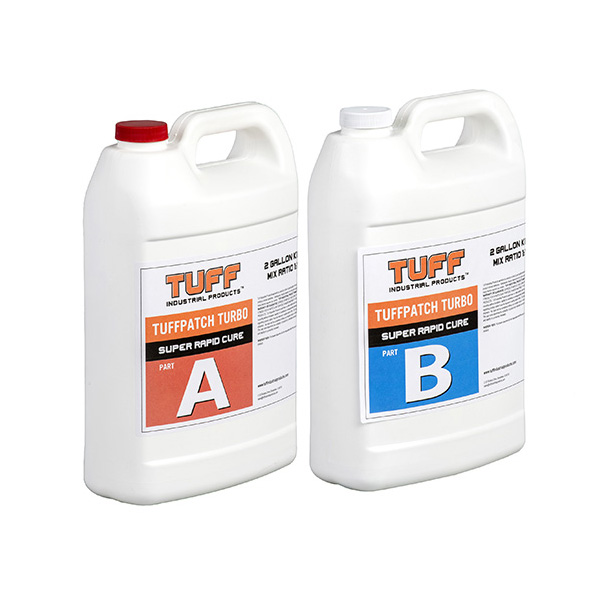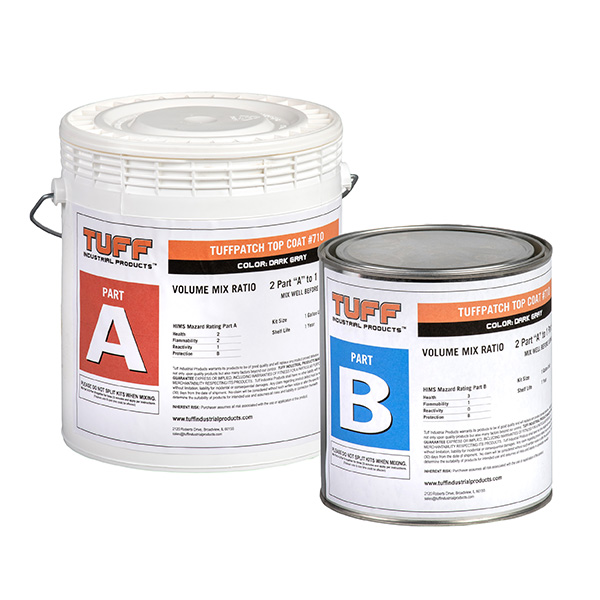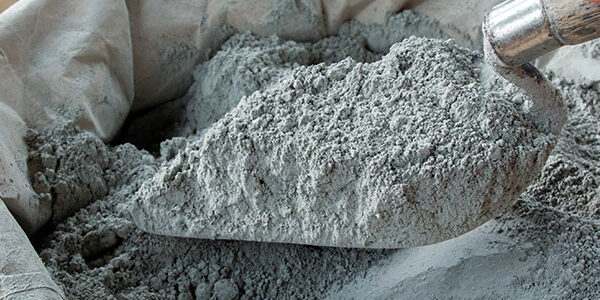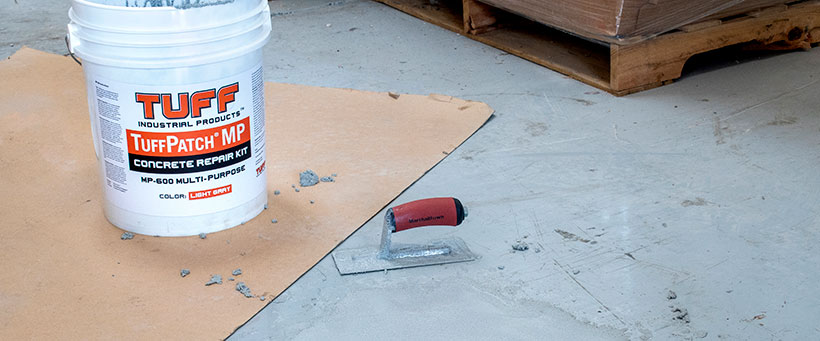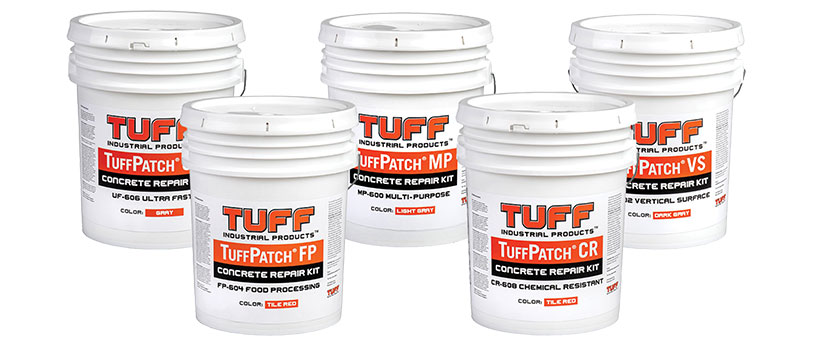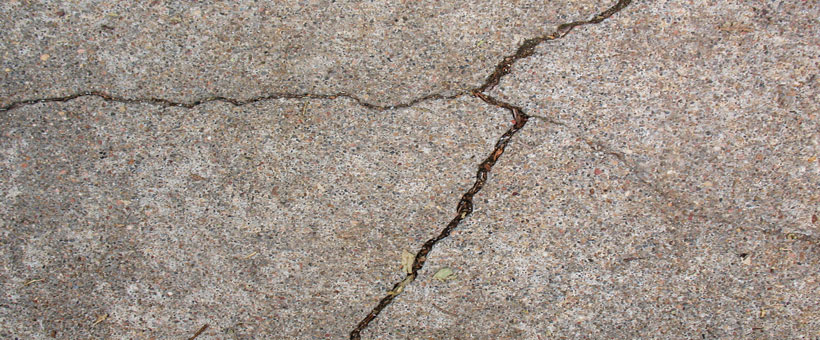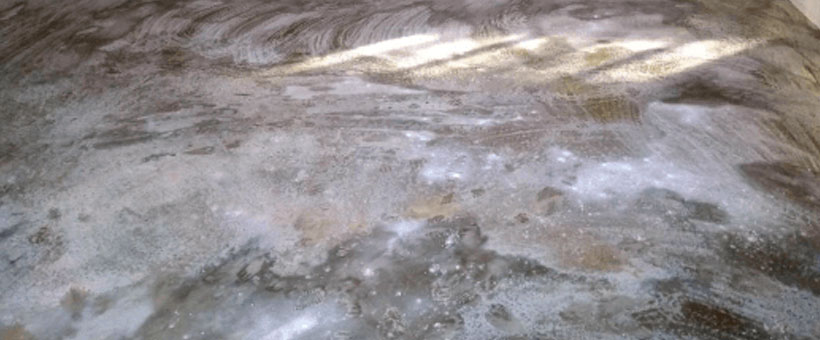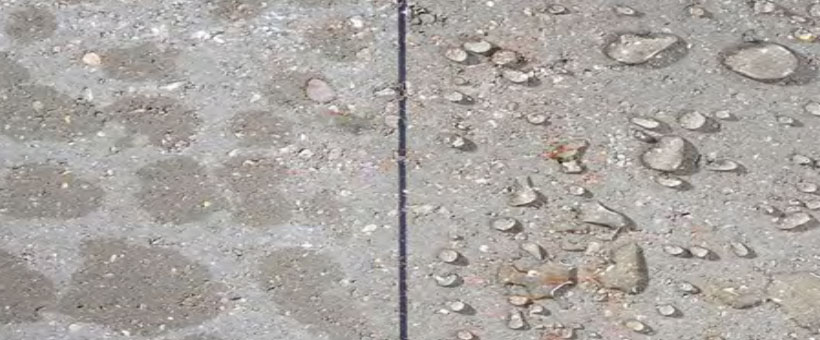Although many people use the two interchangeably when talking about the most widely used construction materials in the world, there is a difference.
Let’s review the differences between the two.
Cement: Cement is a man-made building material that is used throughout the world. Cement is a fine grey powder that when mixed with water, causes a chemical reaction that causes it to get hard. It should be noted that there are two types of cement: hydraulic and non-hydraulic.
Non-hydraulic cement is usually made up of limestone, clay, and silica which all chemically react to the presence of water. As the water evaporates while setting, the mixture oxidizes and the materials become solid.
Hydraulic cement, also known as Portland cement is made up of limestone, gypsum, calcium, silicon, iron, and aluminum. The materials are heated to about 2,700 degrees Fahrenheit. The product called clinkers is then ground while gypsum is added producing a grey powdery substance that is called cement. When mixed with water the cement hydrates and becomes hard usually in only a few hours. Generally speaking, cement is not usually used by itself.
Concrete: Concrete is very much like cement in basic appearance. In fact, concrete uses cement in its composition. It is made differently by adding aggregates such as sand and gravel which creates a denser product that is extremely durable.
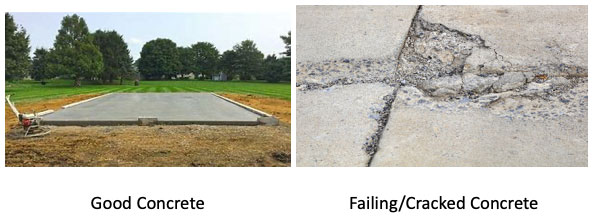
When concrete typically fails, it is usually the cement portion that delaminates first. Once this cement paste is gone, the concrete below will be quicker to continue to deteriorate.
